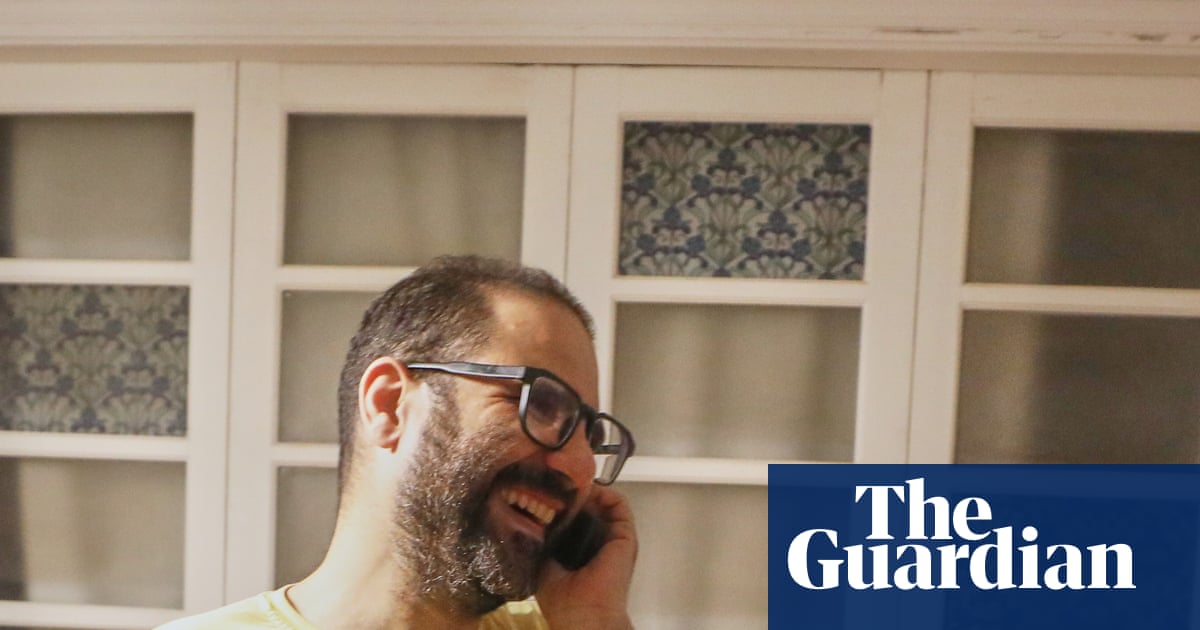The grandchildren of the last woman to be hanged in the UK are asking ministers to posthumously pardon her in light of evidence that she was emotionally and physically abused by her partner before she killed him.
Ruth Ellis was executed in 1955 after killing David Blakely her partner, who she had met while working in the nightclub she managed two years earlier. At the time, she was portrayed as a “cold-blooded killer” but evidence has since emerged that Blakely, a racing-car driver, physically and emotionally abused her.
The impact on her emotional state was not considered during the trial that resulted in her hanging. The judge told the jury to disregard the fact that she had been “badly treated by her lover” as a defence.
At the time of her death, she was a 28-year-old single mother of two, both of whom were left traumatised.
Her grandchildren are presenting the justice secretary, David Lammy, with an application for a conditional pardon, on the grounds that a modern understanding of the impact of abusive and controlling behaviour would probably have resulted in a manslaughter conviction at most, which would not have carried a death sentence. She would also have benefited from concepts such as diminished responsibility and loss of control, which became enshrined in law in 1957.
Laura Enston, Ellis’s granddaughter, said: “Ruth’s execution has had a devastating impact on our family. My mother and uncle suffered from trauma from which neither of them were able to recover, and as grandchildren we have felt these ripple effects.
“The evidence shared with the justice secretary makes clear that the punishment did not fit the crime. We are determined to do what we can to right this historic injustice and honour not only Ruth but all victims of domestic abuse who have been let down by the criminal justice system.”
Enston said that her family – and particularly Ruth’s children – had been dogged by mental health problems. She recalled her mother as “a very tormented woman” who lived a chaotic life, while her uncle, who was diagnosed with schizophrenia, died by suicide.
She said she had a complicated relationship with her grandmother’s legacy. “For many years, I never wanted any association with this story, due to the narrative around Ruth. She was really positioned as this cold-blooded killer. My mum leaned in on the story, she was almost hardwired into believing the tragedy of it all. As kids, we were bullied at school, I felt I had a target on my head.”
It took watching the ITV drama A Cruel Love: the Ruth Ellis Story, which aired in March, to change Enston’s perspective. “[Ellis] was a modern-day woman, living in postwar Britain, going against the convention of how women should behave … She was on trial for more than just murder, she was on trial for what she represented, which was change.”

According to accounts from Ellis, her friends, doctors and witnesses, she was assaulted in public; pushed down the stairs; struck so hard in the ear she was briefly rendered deaf; punched in the stomach, resulting in a miscarriage; left bruised and threatened with murder.
Although an appeal filed in 2003 was quashed because it was required to take into account the law at the time of the offence, the justice secretary is able to take into account legal developments since the conviction and sentence were imposed when considering granting a pardon.
Grace Houghton, a solicitor at Mishcon de Reya, said it was the “perfect moment” to apply for a pardon owing to the growing body of cases coming through the courts that have raised key issues around domestic abuse and its psychological impact on survivors.
Ellis’s story had echoes of high-profile cases such as Virginia Giuffre’s in the way “some men, some abusers, act with impunity and do so because they think they hold all the power, and they’ve been able to manipulate because they think they’ll always get away with it and the woman would not be believed”, Houghton said. Similarly, trial documents showed “the trauma she had to go through on trial – we still see it now that women are not treated with compassion and empathy”, she added.
“We’ve come a long way in terms of the justice system acknowledging those effects on women – but we haven’t gone quite far enough,” Houghton said, adding that she hoped the case would be a “stepping stone to get to where we need to be”.
A Ministry of Justice spokesperson said: “The justice secretary considers all applications for royal pardons, in line with the longstanding conventions which govern use of the prerogative.”

 2 months ago
53
2 months ago
53

















































